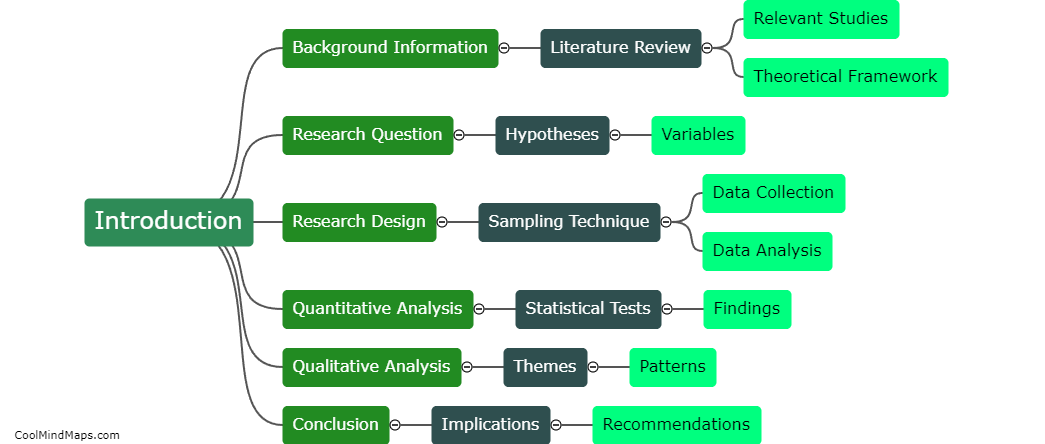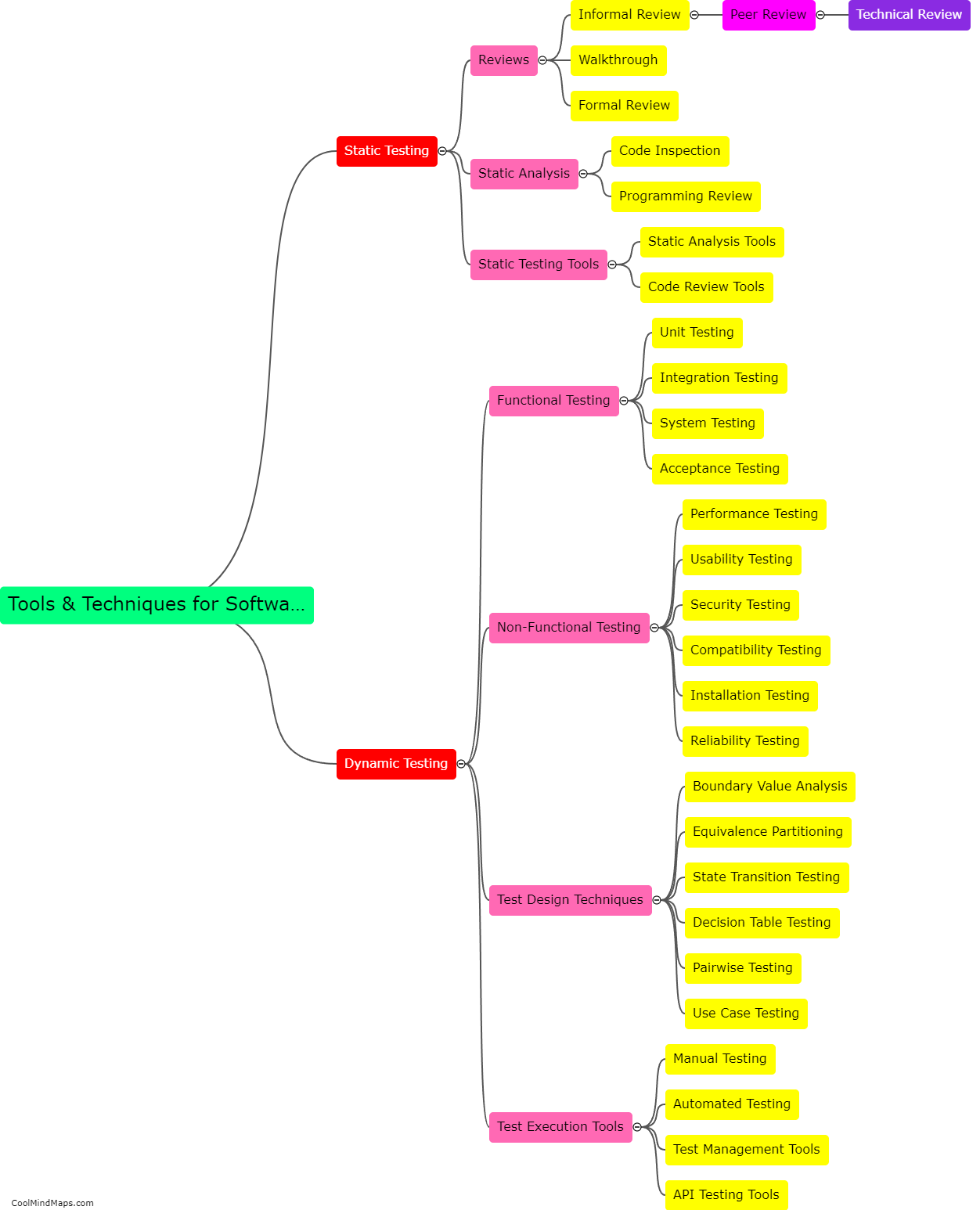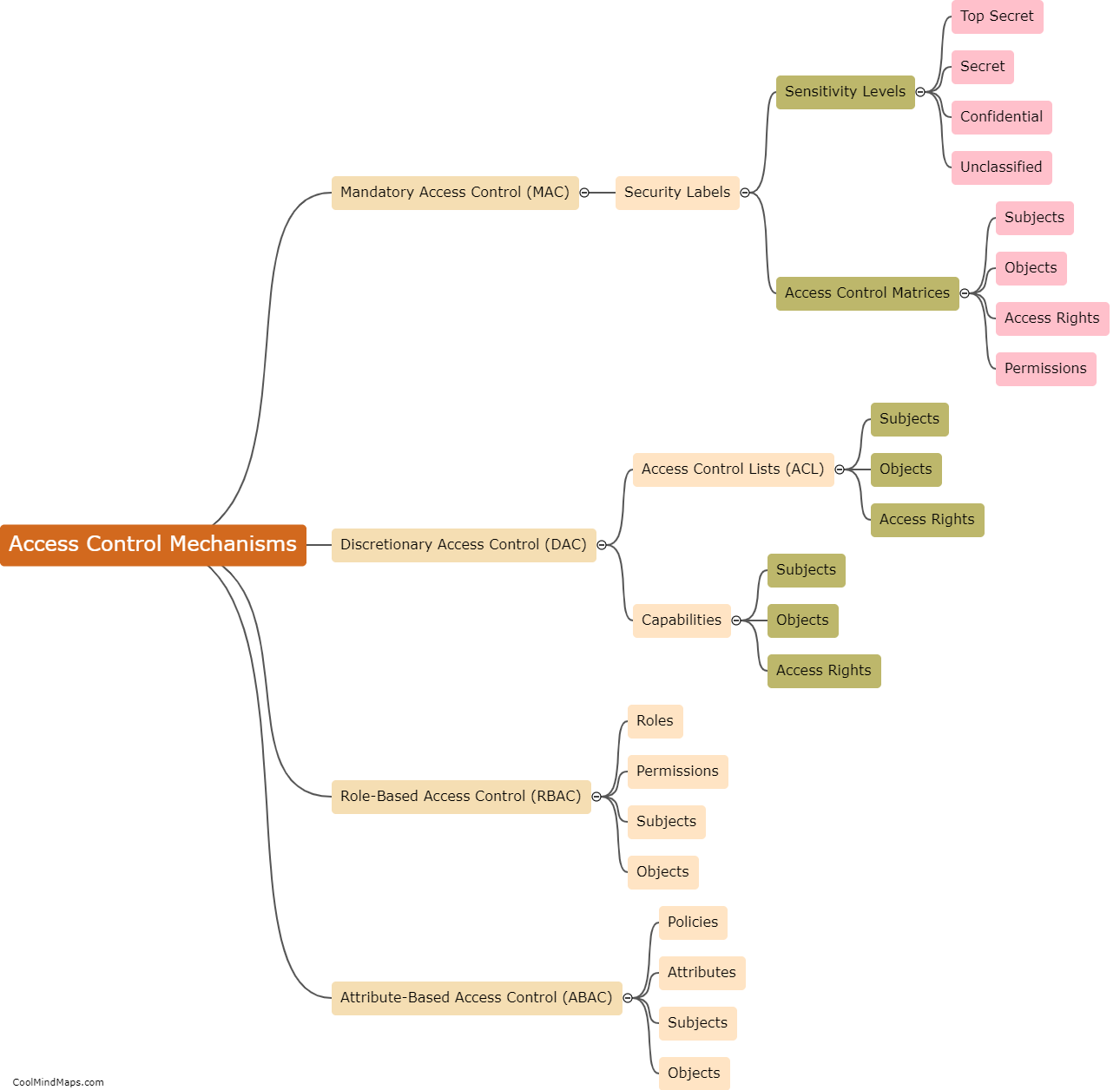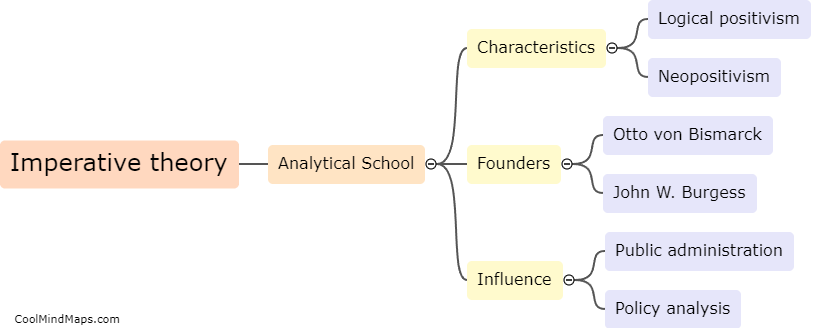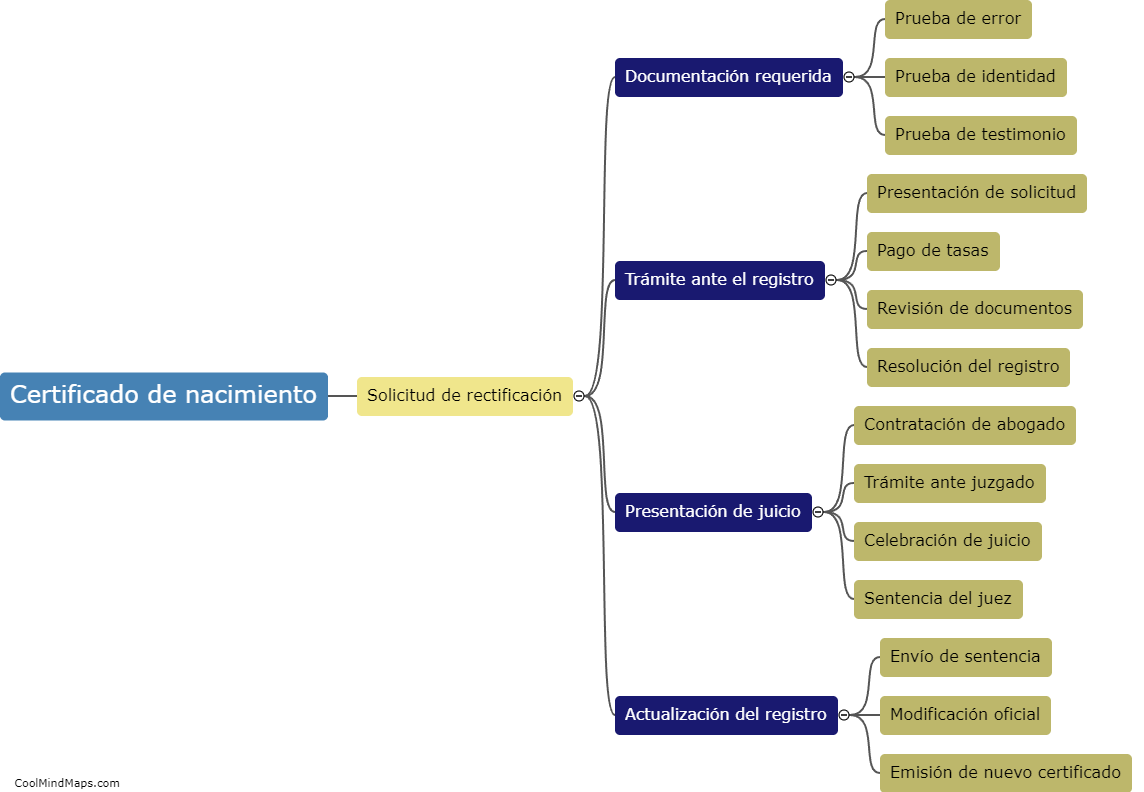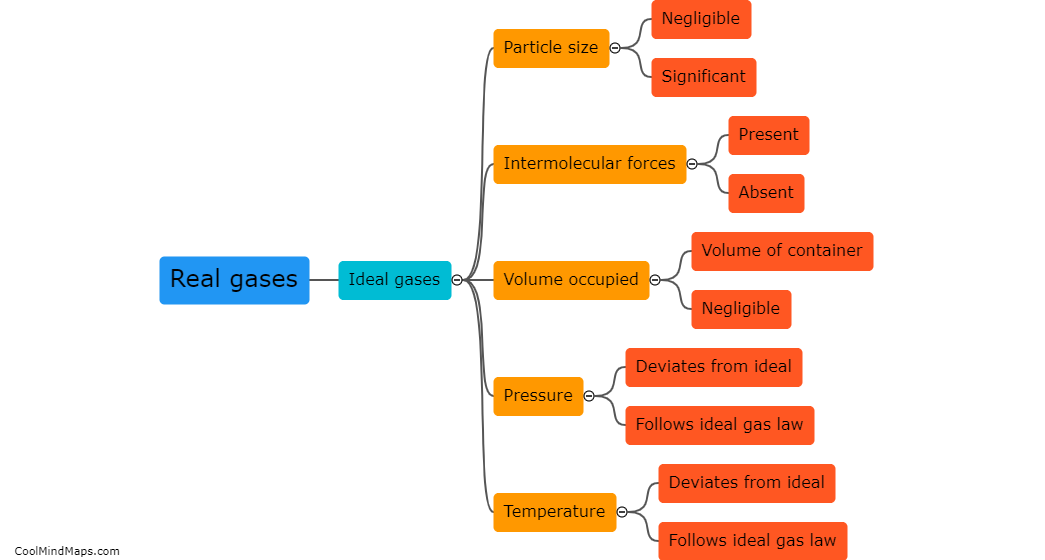What is the primary function of proteins?
The primary function of proteins is to serve as the building blocks of cells and tissues in the body. They are essential molecules that play a crucial role in various biological processes. Proteins are responsible for catalyzing chemical reactions as enzymes, supporting the structure and function of tissues as structural proteins, and facilitating communication between cells as signaling molecules. Additionally, proteins act as transporters, helping to move molecules and ions across cell membranes. They are also involved in the immune response as antibodies, regulating gene expression as transcription factors, and providing mechanical support as motor proteins. In summary, proteins are incredibly diverse and perform a wide range of functions necessary for the proper functioning of living organisms.
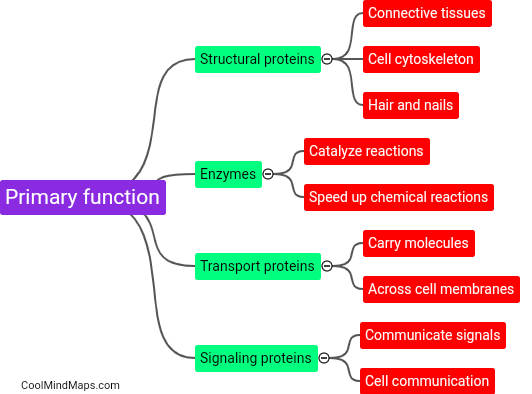
This mind map was published on 11 September 2023 and has been viewed 86 times.
